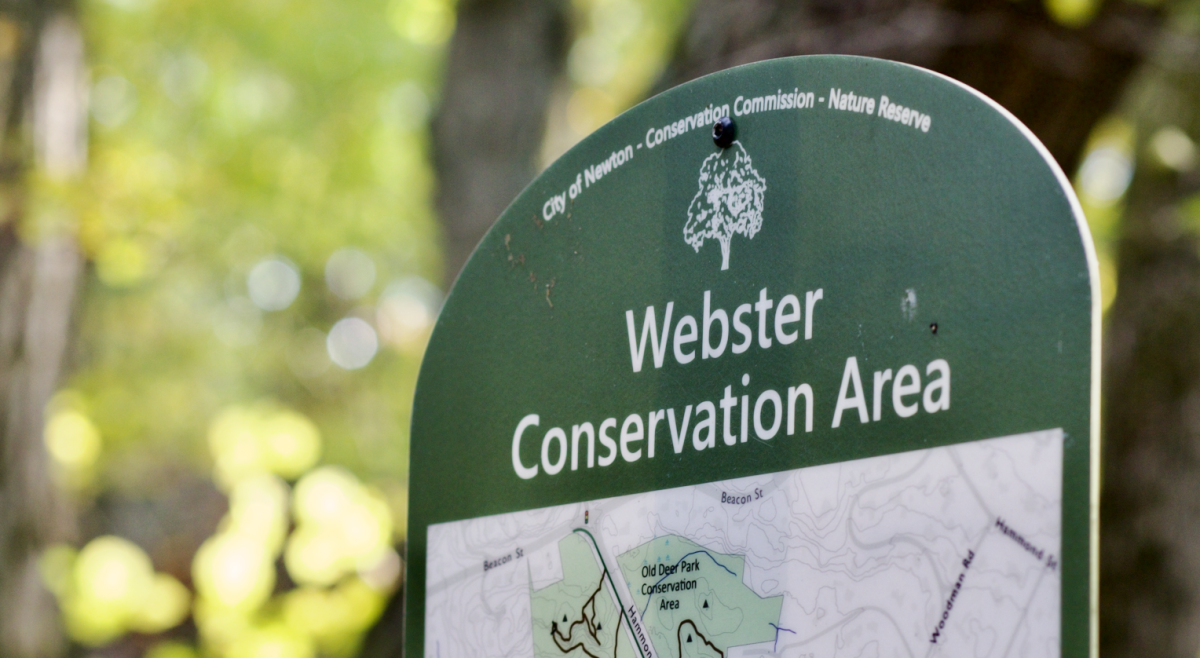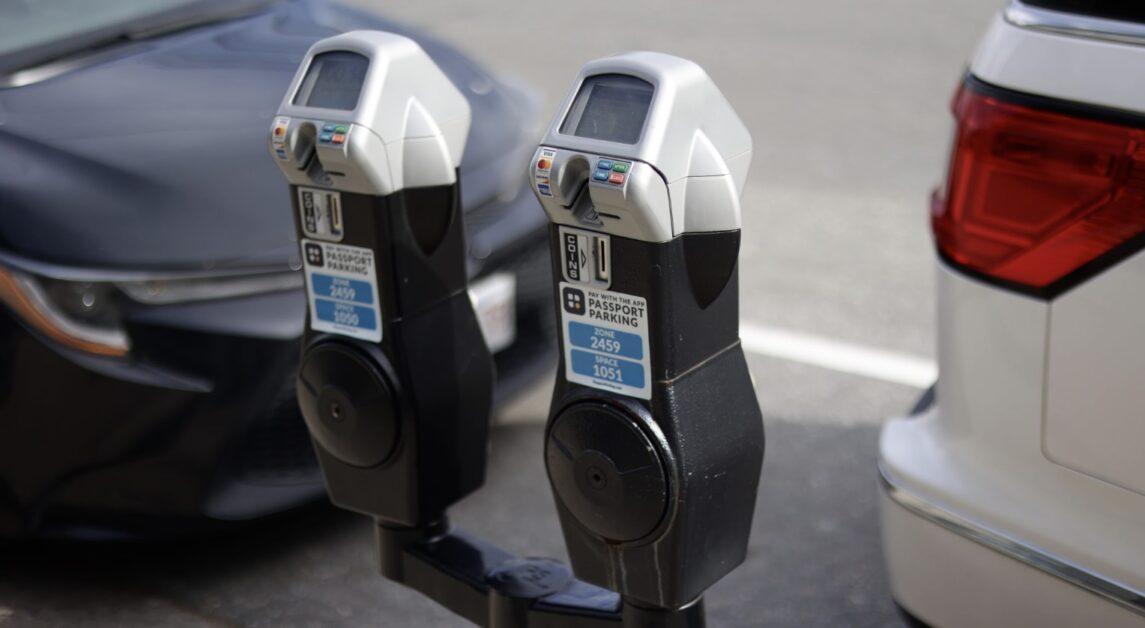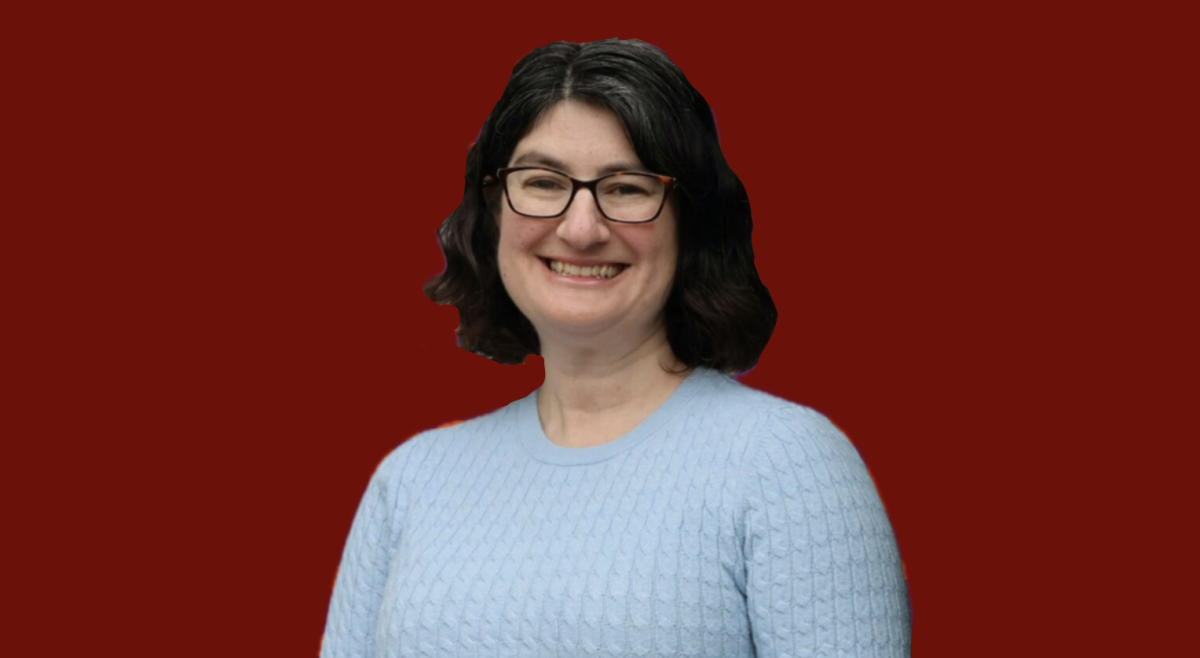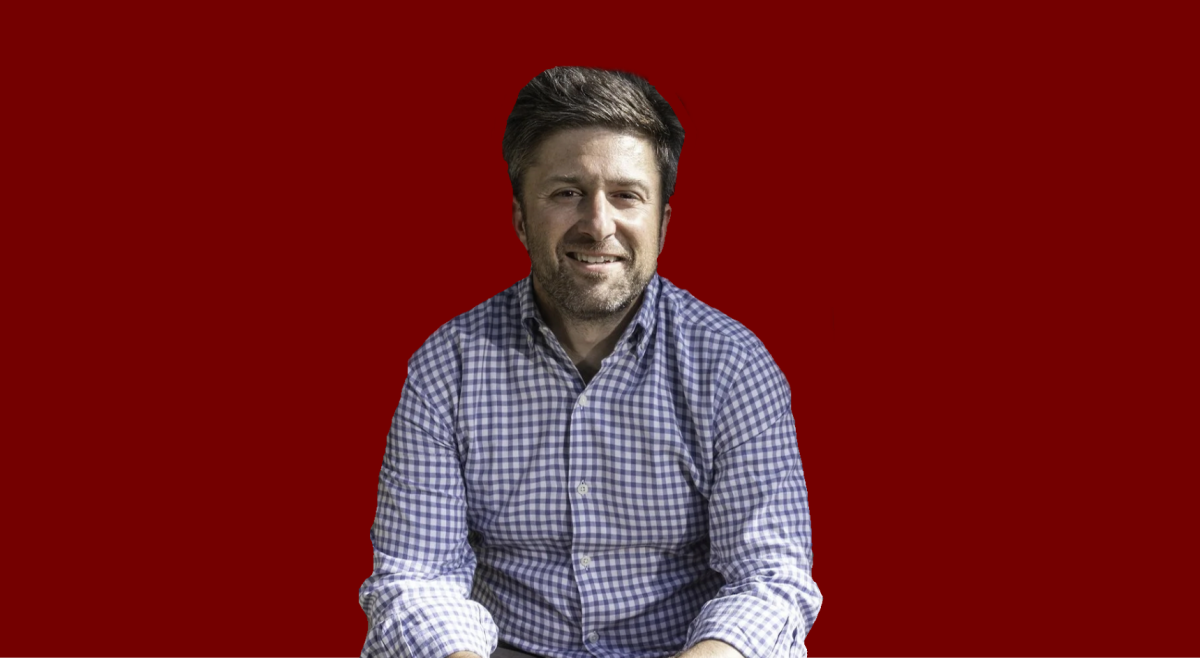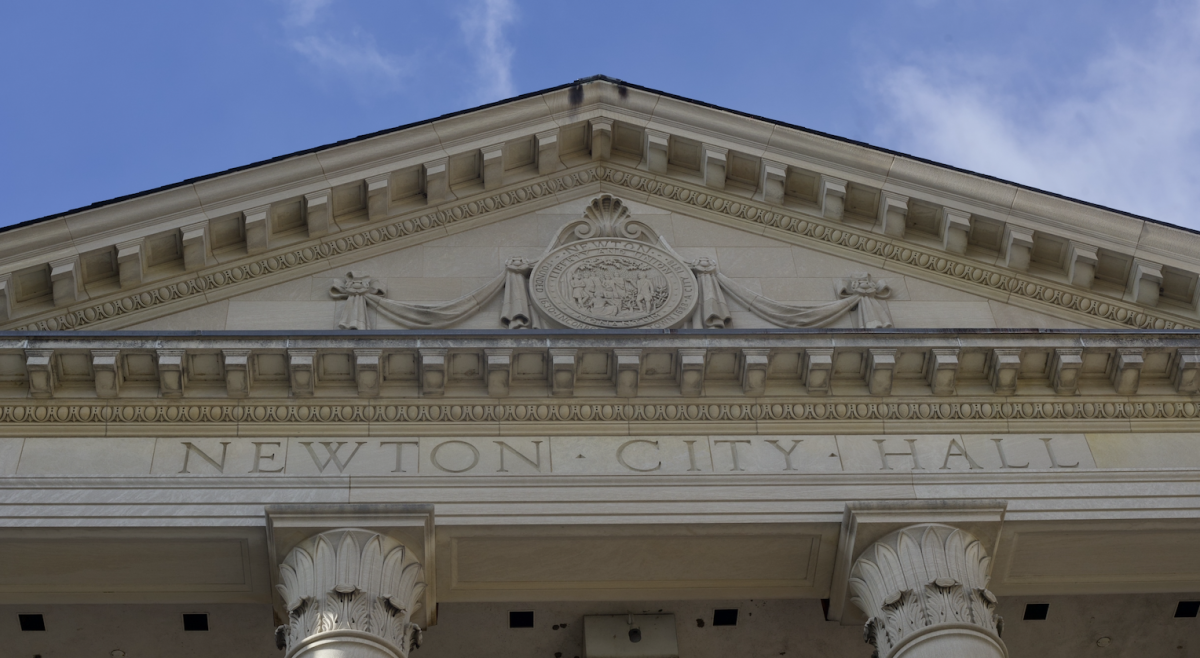Mayor Martin J. Walsh, WCAS ’09, is seeking a larger role in working with some potential casino locations in Massachusetts. Walsh recently declared that Boston is entitled to a popular vote on proposals, has a right to negotiate compensation packages with the developers, and deserves to have the ability to block casinos from being built, according to The Boston Globe.
Walsh’s administration made a statement in two letters to the state’s gambling commission on Wednesday, which asserts that Boston is a host community to a Mohegan Sun casino project at Suffolk Downs in Revere and to a Wynn Resorts proposal in Everett.
According to the 2011 casino law signed by Governor Deval Patrick, the mayor of the host communities has the authority to demand millions of dollars in payment from casino developers, and can prevent projects by refusing to negotiate with developers.
“Mayor Walsh has a huge impact on the effects of the casinos in Revere and Everett,” said John Ribiero, the chairman of Repeal the Casino Deal (RTCD) in an interview. RTCD is a group of citizens united with the intention of preventing the development of casinos in Massachusetts. “The casino law is clear that if there are any amenities built to support the casino in a community, then the area is considered a host community,” Ribiero said.
Although RTCD was once considered by some to be a group of anti-gambling fanatics, it has recently gained significant attention for its efforts to repeal the 2011 gambling law.
RELATED: ‘Repeal the Casino Deal’ Prepares For Legal Action
“What I found is that wherever casinos were placed-especially in the middle of communities-crime rate always goes up, property values decrease, and small businesses are always negatively impacted because they simply can’t compete with the casinos,” Ribiero said. “Once I learned that, I became involved with fighting casinos locally and now statewide.”
As it currently stands, general Massachusetts residents do not have the ability to vote on a casino. According to the law, residents of the specific communities in which the casinos hope to build must approve the transition. Casino opponents, such as RTCD, have helped end several projects including those proposed in Milford, East Boston, Palmer, and West Springfield.
Like Walsh, Ribiero hopes that the city of Boston and its citizens will be permitted to have a voice on the development of casinos in Massachusetts. According to Ribiero, the only way potential consumers could access casinos in Revere and Everett would be through roads that go through Charlestown, which would make Boston a host community to the casinos.
“Our hope is that the gambling commission will see it that way and give the people of Boston a say on the two proposals,” Ribiero said. “If not, we hope that the mayor will take this case to court and fight for the right to allow our people to voice an opinion on these two casinos.”
The RTCD campaign is currently seeking a ruling from the state’s highest court to allow Massachusetts voters to decide whether to modify the state casino law, despite opposition from State Attorney General Martha Coakley, who declared that the change is unconstitutional.
“We are following the path of lots of other innovative petitions,” Ribiero said. “There is a law in the state of Massachusetts that allows citizens to put together a law approved by voters, and currently we have gone forward and collected over 90,000 signatures, with 75,000 of those certified as registered voters.”
RTCD collected more than the minimum 68,000 valid signatures necessary to qualify for the ballot. Now, the Supreme Judicial Court of Massachusetts must decide whether this alteration to the law is constitutional or not. The repeal effort has raised concerns within the casino industry. There are several casino developers fighting against Walsh and RTCD to keep the repeal off the ballot.
“It is the people’s right to decide on whether we make casino gambling illegal in Massachusetts,” Ribiero said. “We fully expect that the Supreme Judicial Court will side with us, and that our new change will allow Bostonians to vote on their ballots this coming November.”
Their proposal will be heard during the first week of May in court, and a decision will be released by late June or early July. Secretary of State William F. Galvin needs to know the results of the case by July 9 in order to have sufficient time to prepare the ballot.
Looking forward, RTCD plans to focus on impacting the upcoming election as much as possible by petitioning resident communities in Everett and Revere.
“We are planning significant outreach to communities that will be impacted by some of these proposed sites,” Ribiero said. “Although only those communities can currently vote on the casinos, our focus over the next couple of months prior to the court decision will be to boost awareness of casino consequences in those communities.”







